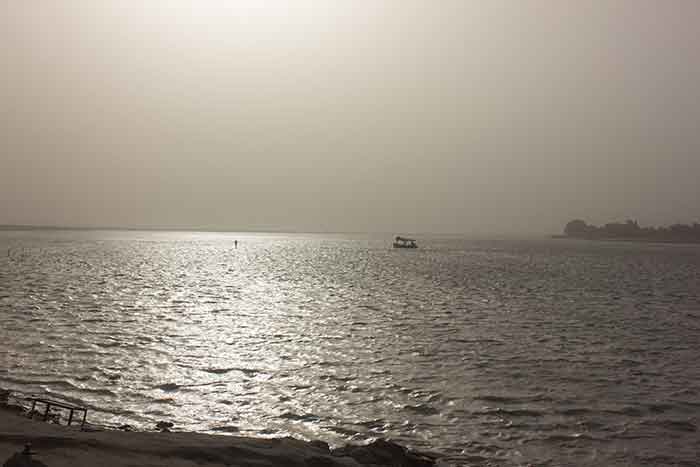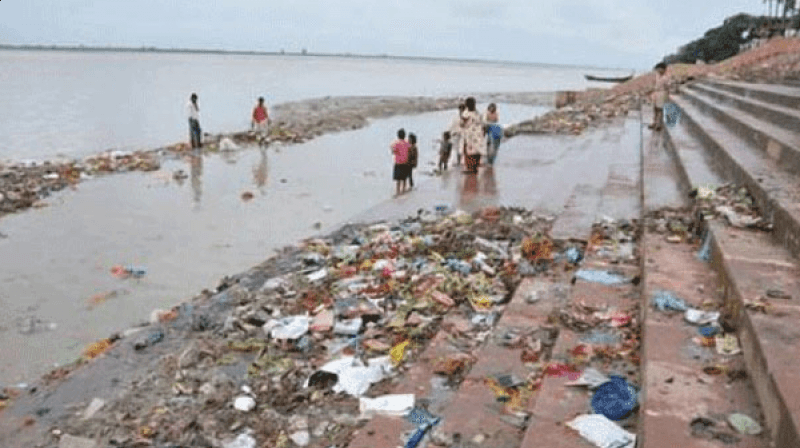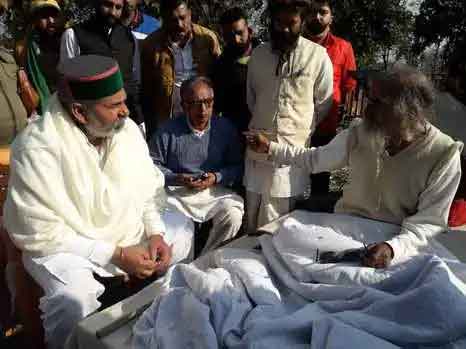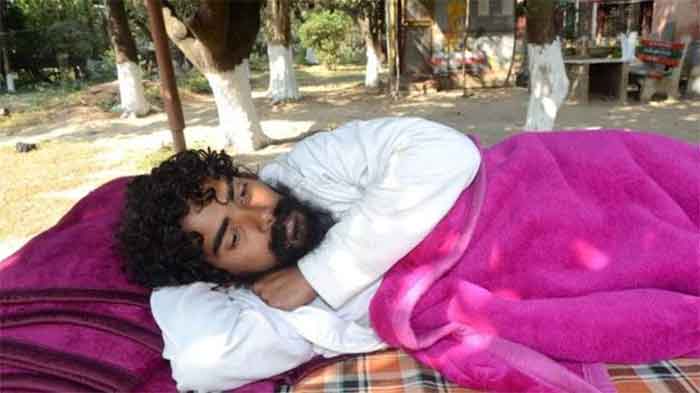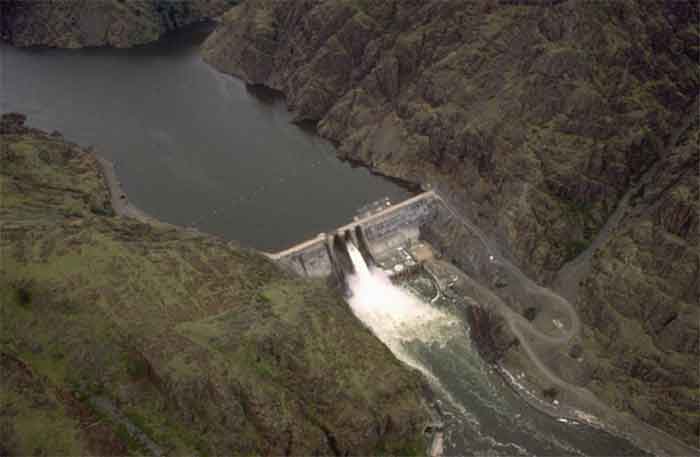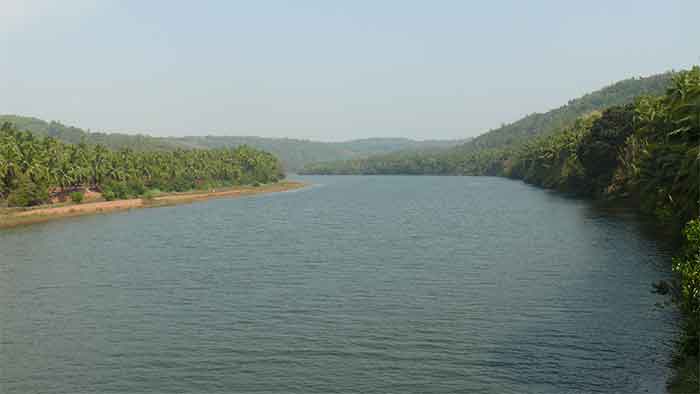
Today, September 26, 2021, is World Rivers Day. World Rivers Day is a global celebration of the world’s waterways, observed every year on the last Sunday in September. Established in 2005, it highlights the many values of rivers and strives to increase public awareness while encouraging the improved stewardship of rivers around the world. Rivers in every country face an array of threats. The World Rivers Day promotes the active involvement of citizens to ensure the health of rivers in the years ahead.
Events include riverside cleanups, habitat restoration, nature walks, paddle trips, school projects, art displays, music festivals, and parades. Citizens are encouraged to join an event in their area, or start one of their own. World Rivers Day has been endorsed by various agencies of the United Nations and is intended to complement the broader efforts of the United Nations ‘Water for Life’ Decade.
I have not come across any reports of this event being celebrated in India except a small Hindi literary group. This does not mean that there is no awareness of the problems in India. Indians rivers are in a sorry state and all over the country there are movements to save the rivers. The most famous has been Narmada Bachao Andolan and more recently some religious persons going on fast unto death to save the river Ganga. Yet by and large the problem has worsened.
Water is the very basis of most living beings and bad quality of water is one of the biggest health hazards. Yet drinking water quality in India is so bad that in most cities people who can afford are buying purified water. Rivers near most Indian cities are so polluted that people dare not have a bath in them or swim in them.
What is the cause of this sorry state of affairs? A short answer is capitalism or industrial society. Some people prefer to call it development. They treat the earth as an infinite source of raw material and an infinite sink. Here the word sink means a place where you can dump your waste. Water has been treated as the biggest sink, be it oceans, rivers or lakes.
In India the death of rivers began with railways and later with roads. Rivers lost their importance as means of transport with boats. Roads and railways encouraged growth of industries and cities which created waste and pollutants.
One of the early warnings came with the birth of railways itself. There was a British Army engineer called Sir Arthur Cotton (15 May 1803 – 24 July 1899). Arthur Cotton was an Irrigation engineer who devoted his life for the betterment of the life of people of India in the Eastern coast. He built a large number of canals in the latter half of the 19th century. People of Andhra Pradesh respect him a lot. They built three thousand statues of him in just two districts of Andhra Pradesh!
Cotton was opposed to the British Government’s aims of building a railway line at the cost of denying Indians necessities like food, health and education. For Cotton, sustainable development was important where micro needs of native Indians and macro needs of British India complimented each other. He kept reminding that railways budget which is so huge does not help the people of India but irrigation facilities are more important which can help the people of India.
Significant improvement in the situation can only come with end of the era of capitalism, particularly with the end of the era of fossil fuels. Capitalism is a system and we are all part of it and so we are also part of the problem. We cannot save our rivers just by opposing dams. We have to worry about solid waste management which is being dumped in rivers, about transport based on fossil fuels which creates air pollution, green revolution which uses chemical fertilizers and excess fertilizer flow into water bodies and pollute them and so on. We have to start with implementing changes in our personal life and in the community we live. In this we can of course ask the local biddies like panchayat and municipalities to help in the effort.
T. Vijayendra (1943- ) was born in Mysore, grew in Indore and went to IIT Kharagpur to get a B. Tech. in Electronics (1966). After a year’s stint at the Saha Institute of Nuclear Physics, Kolkata, he got drawn into the whirlwind times of the late 60s. Since then, he has always been some kind of political-social activist. His brief for himself is the education of Left wing cadres and so he almost exclusively publishes in the Left wing journal Frontier, published from Kolkata. For the last nine years, he has been active in the field of ‘Peak Oil’ and is a founder member of Peak Oil India and Ecologise. Since 2015 he has been involved in Ecologise! Camps and in 2016 he initiated Ecologise Hyderabad. He divides his time between an organic farm at the foothills of Western Ghats, watching birds, writing fiction and Hyderabad. He has published a book dealing with resource depletions, three books of essays, two collections of short stories, a novella and an autobiography. Vijayendra has been a ‘dedicated’ cyclist all his life, meaning, he neither took a driving licence nor did he ever drive a fossil fuel based vehicle. Email: [email protected]

